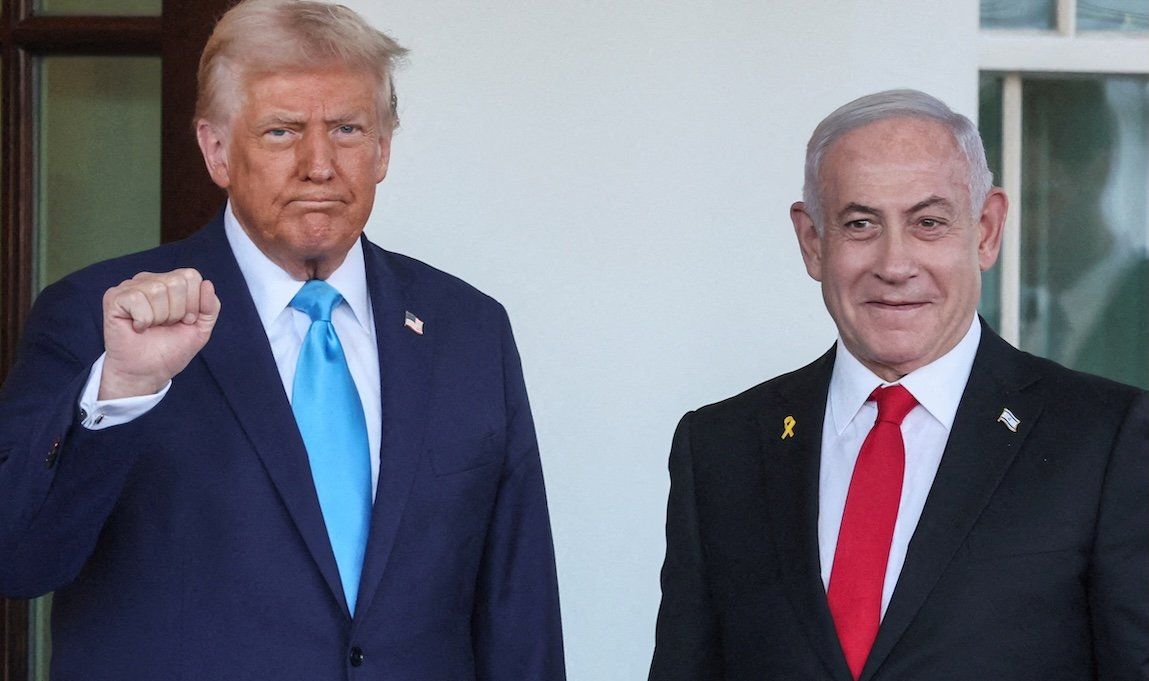Israeli Prime Minister
Benjamin Netanyahu will meet with US President
Donald Trump at the White House on Monday. It will be his
second such visit since Trump’s inauguration in January, and it comes after the president’s
impromptu invitation last Thursday, when the two men spoke by phone about new US tariffs. They are expected to discuss those – and a whole lot more.
Tariffs top the menu. The main event will be Trump’s 17% tariff on Israeli exports, which will hurt several of its key industries, including diamonds, pharmaceuticals, and electronics. Israel had hoped to preempt additional levies by dropping all its tariffs on US goods last week, but Trump imposed them anyway, citing America’s trade deficit with Israel. Netanyahu hopes to be the first world leader to convince Trump to drop the new levies.
Gaza and the West Bank. Israel has intensified military operations in Gaza, deploying troops to establish the Morag Corridor to the south to pressure Hamas to release the remaining Israeli hostages. At the same time, tensions have been rising in the West Bank, where Israel is authorizing new settlements and being accused of the “Gazafication” of the territory. Bibi will be seeking continued support for Israel’s stance and is likely encouraged by Washington’s recent greenlighting of the export of 20,000 assault rifles, held up under the administration of Joe Biden for fear they might be used by extremist Israeli settlers.
Turkey, Iran, and the rest of the neighborhood. Netanyahu and Trump will also reportedly discuss Israel-Turkey relations and strategies concerning Iran’s nuclear ambitions, and they may also touch on the International Criminal Court’s arrest warrant for Netanyahu over alleged war crimes in Gaza – an issue that prompted Hungary to withdraw from the ICC last week. Trump sanctioned court officials during Netanyahu’s first White House visit in February – we’ll be watching to see if he takes further action this time.
